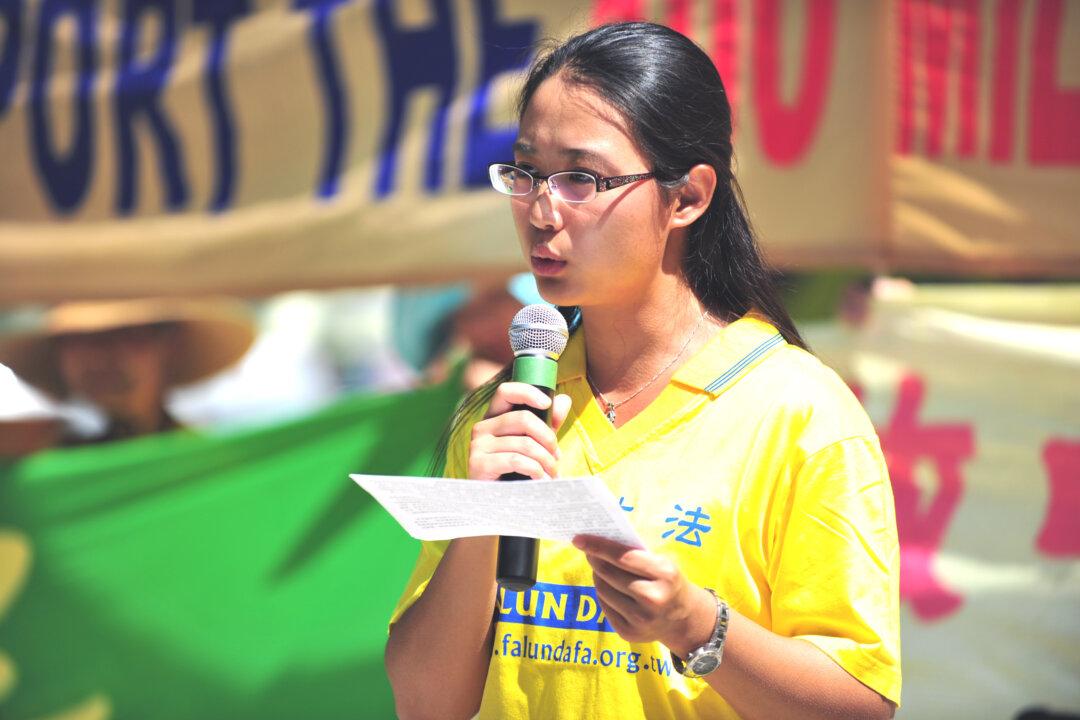Is it possible for Confucius Institutes, a Beijing-controlled educational program cited by Chinese officials as a tool to extend the regime’s “soft power,” to follow both Chinese law and the law of the hosting nation?
A clause in the agreement between the Toronto District School Board (TDSB) and the headquarters of Confucius Institute (CI) obtained by Epoch Times through a request under Ontario’s Municipal Freedom of Information and Protection of Privacy Act says that CI activities must be in accordance with the laws and regulations of both Canada and China. The school board, Canada’s largest, will vote on whether to terminate its partnership with the CI on Oct. 29.
Experience in at least one Canadian institution shows that this is impractical since in many cases the laws of the one-party totalitarian state contradict those of Canada’s parliamentary democracy, and so it may be that the Canadian law gets dispensed with.
“Canadian law is equality, non-discrimination,” explains David Matas, a Winnipeg-based human rights lawyer. China’s laws, on the other hand, institute “repression, discrimination, hostility,” toward any group the Chinese Communist Party chooses to target, including Falun Gong, Tibetans, Uyghurs, and democracy activists, among many others, Matas says.
In 2012/13, Matas took on a case involving a Confucius Institute instructor at McMaster University who, like other instructors hired in China to come to the university’s CI, had to sign a contract promising not to practice Falun Gong, a spiritual meditation system severely persecuted in China.
Sonia Zhao signed the contract out of fear that her refusal might reveal to Chinese officials that she in fact practices Falun Gong and as a result could face imprisonment like her mother, also a Falun Gong adherent.
“Initially [McMaster’s] defence was that it is not their jurisdiction and they didn’t know about it,” Matas says.
“I argued to the contrary that it was their jurisdiction because it was happening in Ontario and they must have known about it because the Hanban (CI headquarters in China) hiring policy was published on its website in English.”
Epoch Times reported in 2011 that Hanban has a stipulation in English on its main website stating that teachers at CIs must have “no record of participation in Falun Gong.”
Epoch Times also reported earlier this year that the website of Hunan University, which has an agreement to supply instructors for the TDSB’s CI, states that teaching candidates “will be assessed to ensure they meet political ideology requirements.”
‘No Alignment’
For its part, McMaster held discussions with CI headquarters to eliminate the discriminatory requirement for the instructors coming to Canada. However, Hanban wouldn’t back down.
Eventually, the university decided to end its CI program since the Beijing-run organization didn’t follow human rights values and principles that the university follows and “holds dear.”
“There wasn’t alignment between what was happening in the two countries,” says Andrea Farquhar, assistant vice president of public and government relations at McMaster.
“Although we tried to see if there could possibly be a solution, it turned out that there wasn’t, so we did give them notice in December of 2012 that we would be closing [the CI], and it closed in 2013.”
‘Political Arms’ of Beijing
McMaster isn’t the only institution to close its CI. The Canadian Association of University Teachers issued a statement late last year calling on all Canadian universities and colleges to cut ties with CIs, calling them “political arms of the Chinese government.” Shortly after, the University of Sherbrooke ended its CI program.
South of the Border, the American Association of University Professors echoed the statement of its Canadian counterpart and asked all American universities not to partner with CIs, saying hosting one enables CIs to “advance a state agenda in the recruitment and control of academic staff, in the choice of curriculum, and in the restriction of debate.”
Two prominent U.S. universities, Pennsylvania State University and the University of Chicago, decided to end their relationships with CIs in the last couple of months.
Intelligence agencies and experts, including former Canadian Security Intelligence Service senior manager Michel Juneau-Katsuya, have also indicated that CIs are involved in espionage activities for Beijing.
The TDSB’s CI partnership was originally championed by former chair Chris Bolton while the rest of the board was kept in the dark about the details of the agreement. Bolton resigned in June a few months before the end of his term amidst concerns raised by parents and many of the trustees about the partnership.
Earlier this month, a TDSB committee voted to terminate the board’s CI partnership. That decision will be voted on by the entire board during a general meeting on Oct. 29.





